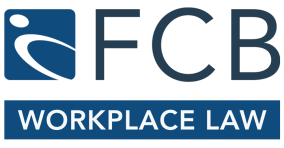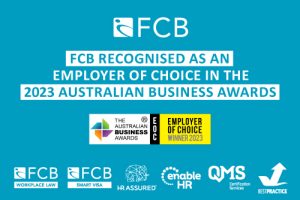Yes, you can change custom & practice
May 13, 2016Manufacturers and other employers trying to introduce productivity measures or other business efficiencies often face push back from employees and unions on the basis that established custom and practices can’t be changed. Employees will often claim that long standing business practices have become contractual rights.
But is this correct? Is your business hamstrung by out of date or inefficient practices because that’s the way “it’s always been done”?
The Answer: Rarely.
While there have been rare cases where long standing and notorious business customs have been found to have morphed into contractual entitlements of employees, it is a very high legal test to meet. Unions and employees are often resistant to change (some might say it’s human nature) but the fact is, employers mostly do have the flexibility to introduce new business policies and practices provided they fit within the bounds of the express terms of their enterprise agreements (EBAs) and employment contracts.
Some examples of changes for manufacturing employers which may be resisted using a custom & practice argument include:
- removal of extra payments for shut downs;
- cancellation of half day Fridays; and
- withdrawal of uniform allowances.
This concept was recently tested before the Fair Work Commission (FWC) in CEPU v Siemens Ltd [2016] FWC 2041. In this case, Siemens was seeking to start requiring employees to reimburse the company for non-work related expenses incurred on their vehicle E-Tags. The union argued that Siemens’ past practice of not seeking reimbursement of private toll expenditure had become an notorious custom and practice under a term of Siemens’ EBA allowing for fair and reasonable private use of tool of trade vehicles, and therefore couldn’t be changed without employee agreement.
The FWC found that Siemens could enact its policy of seeking reimbursement of private toll expenses from employees. The FWC referred to long standing case law principals to support its finding that there is a “high threshold to overcome before a term will be implied into a contract by custom and usage” which hadn’t been met by the union in this case.
It can be tricky to introduce new company policies, particularly when they result in a financial detriment to employees. This doesn’t mean that it can’t be done however.
If you have any questions or would like to discuss please call us on (02) 9922 5188 or email Matthew Robinson, head of the manufacturing industry team, at mnr@fcbgroup.com.au.

























